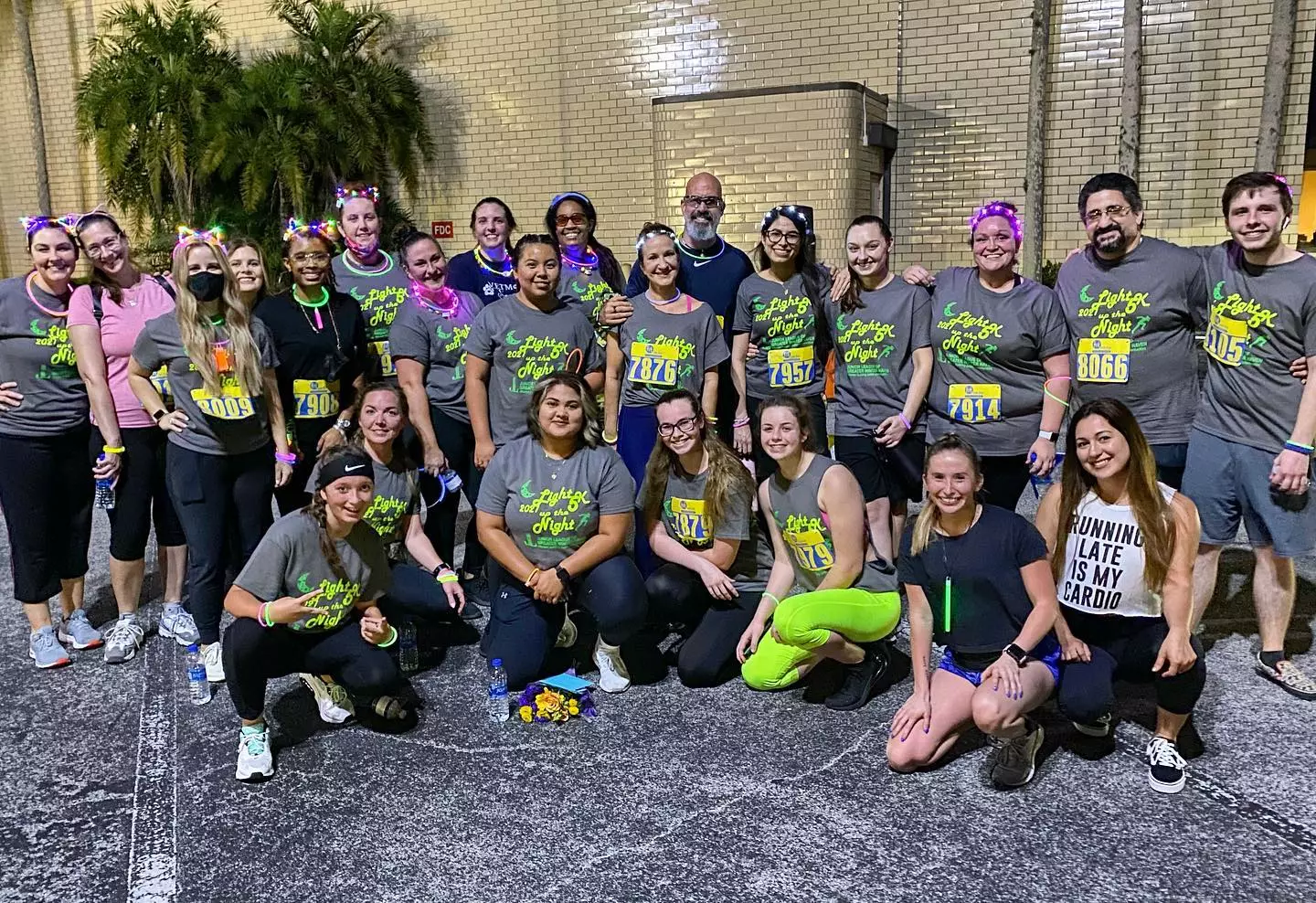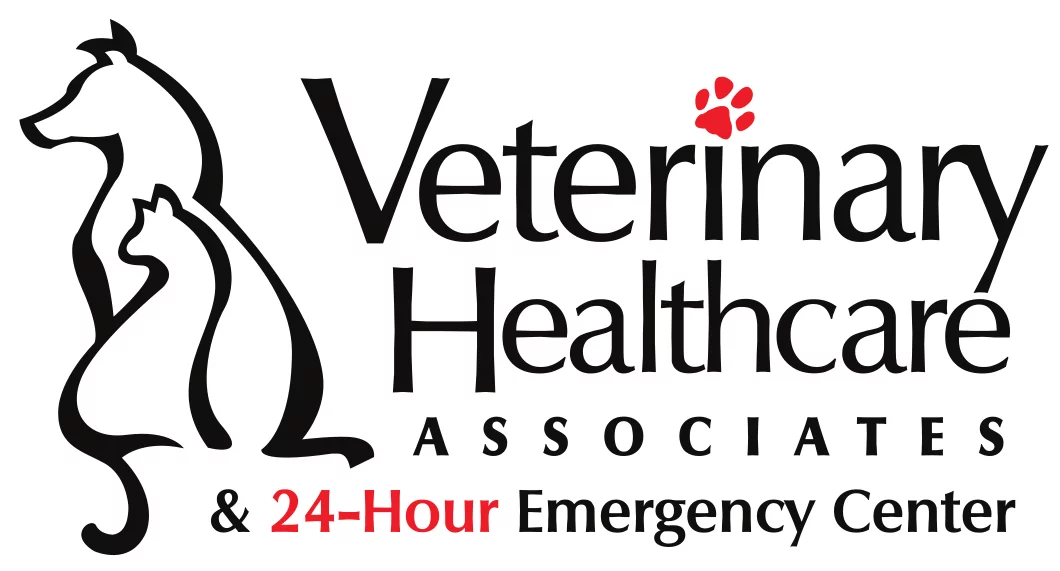What is the Career Path of a Veterinarian?
A career in veterinary medicine offers a unique blend of challenges, rewards, and opportunities to make a difference in the lives of animals and their owners. Whether aspiring veterinarians are drawn to the field out of a love for animals, a passion for medicine, or a desire to contribute to public health, understanding the steps involved in becoming a veterinarian is essential. If you have ever wondered what is the career path of a veterinarian, below we’ll break down the educational requirements, training, and potential career options in this fulfilling profession.

The Educational Foundation: Starting the Path to Veterinary Medicine
The journey to becoming a veterinarian begins with a solid educational foundation. Most aspiring veterinarians start with a bachelor’s degree, typically in a science-related field such as biology, animal science, or zoology. This undergraduate education provides the necessary groundwork for admission to veterinary school.
Preparing for Veterinary School During Undergraduate Studies
While completing a bachelor’s degree, students should focus on excelling in prerequisite courses such as biology, chemistry, physics, and mathematics. Maintaining a strong GPA is critical, as veterinary schools are highly competitive. Students are also encouraged to gain hands-on experience by working with animals in settings like shelters, farms, or veterinary clinics.
In addition to coursework and experience, aspiring veterinarians must prepare for the Graduate Record Examination (GRE) or another entrance exam accepted by veterinary programs. Scoring well on these tests is another crucial step in securing admission to veterinary school.
Veterinary School: A Rigorous and Rewarding Experience
Gaining admission to a veterinary school is a significant milestone in the career path of a veterinarian. Veterinary programs typically span four years and are designed to provide students with both academic knowledge and clinical skills.
First Two Years: Building Knowledge and Skills
The first half of veterinary school focuses on classroom-based learning. Students dive deep into topics such as anatomy, physiology, pharmacology, and pathology. Labs and practical exercises complement these courses, helping students develop essential technical skills.
Clinical Rotations: Applying Knowledge in Real-World Settings
During the final two years, students participate in clinical rotations, gaining hands-on experience in various specialties such as surgery, internal medicine, and emergency care. These rotations allow students to work directly with patients and learn from experienced veterinarians. Upon completing veterinary school, graduates earn a Doctor of Veterinary Medicine (DVM) degree, marking a significant accomplishment in their journey.
Licensing Requirements: The Gateway to Practicing Veterinary Medicine
Graduating with a DVM is a major achievement, but it’s not the final step in the career path of a veterinarian. To legally practice, veterinarians must obtain a license by passing the North American Veterinary Licensing Examination (NAVLE). This comprehensive exam tests knowledge and skills across all aspects of veterinary medicine.
Additional State-Specific Requirements
In addition to passing the NAVLE, some states have specific licensing requirements, such as additional exams or background checks. Veterinarians must also commit to ongoing education to maintain their licenses and stay current with advancements in the field.
Career Specialization: Expanding Opportunities in Veterinary Medicine
After earning a license, veterinarians can choose to practice general medicine or pursue a specialty. Specializing often requires additional training through internships and residencies, which can take several years to complete.
Popular Veterinary Specialties
- Surgery: Veterinarians in this field perform complex procedures, including orthopedic and soft tissue surgeries.
- Internal Medicine: Specialists in internal medicine diagnose and treat challenging conditions affecting internal organs.
- Emergency and Critical Care: These veterinarians handle life-threatening situations and provide urgent care.
- Exotic Animal Medicine: Specialists treat animals such as reptiles, birds, and small mammals.
Specialization often leads to certification through organizations like the American College of Veterinary Surgeons or the American College of Veterinary Internal Medicine.
Career Paths Beyond Clinical Practice
Not all veterinarians work in clinical settings. The career path of a veterinarian can lead to various non-clinical roles that contribute to animal and public health.
Research and Academia
Veterinarians in research focus on advancing medical knowledge by studying diseases, developing treatments, or improving animal welfare. Academic veterinarians teach the next generation of practitioners and may also engage in research.
Public Health and Government Roles
Veterinarians play a vital role in public health by working for government agencies such as the U.S. Department of Agriculture (USDA) or the Centers for Disease Control and Prevention (CDC). These professionals may monitor disease outbreaks, ensure food safety, or develop policies to protect animal and human health.
Industry and Corporate Opportunities
Some veterinarians work for pharmaceutical or pet food companies, contributing to the development of new products. Others take on roles in consulting, providing expertise to businesses in animal-related industries.
Challenges and Rewards in a Veterinary Career
The career path of a veterinarian is demanding, requiring years of education, significant financial investment, and a strong commitment to lifelong learning. However, the rewards of this profession are equally substantial. Veterinarians make a tangible difference in the lives of animals and their owners, whether by providing lifesaving care, supporting agricultural industries, or advancing medical knowledge. Veterinary medicine also offers flexibility, with opportunities to work in urban clinics, rural farms, or even wildlife reserves. For those passionate about animals and medicine, the journey is well worth the effort.
How to Begin Exploring a Veterinary Career
If you’re inspired by the idea of pursuing a career in veterinary medicine, start by exploring opportunities to gain experience with animals. Volunteering at shelters, shadowing veterinarians, or working on farms can provide valuable insights into the profession.
Additionally, connecting with local veterinarians, such as those at Veterinary Healthcare Associates in Winter Haven, FL, can help you better understand the field. For more information, email us at MyDreamJob@vhavets.com.

About VHA
At VHA, we believe in the unlimited potential that lives in you--and in all of us. With the veterinary industry becoming more corporate, we’re determined to bend the arc of veterinary medicine and bring it back to what it’s meant to be; a universal experience that strengthens the bonds between animals and people and makes them happy, healthy, and healed.
